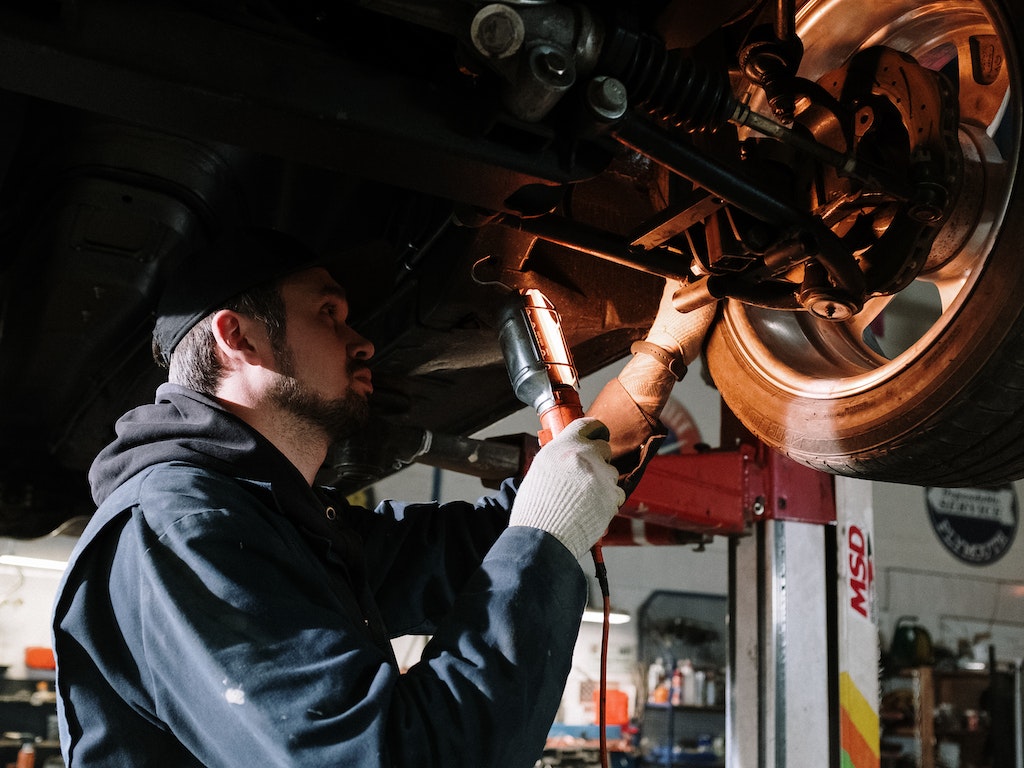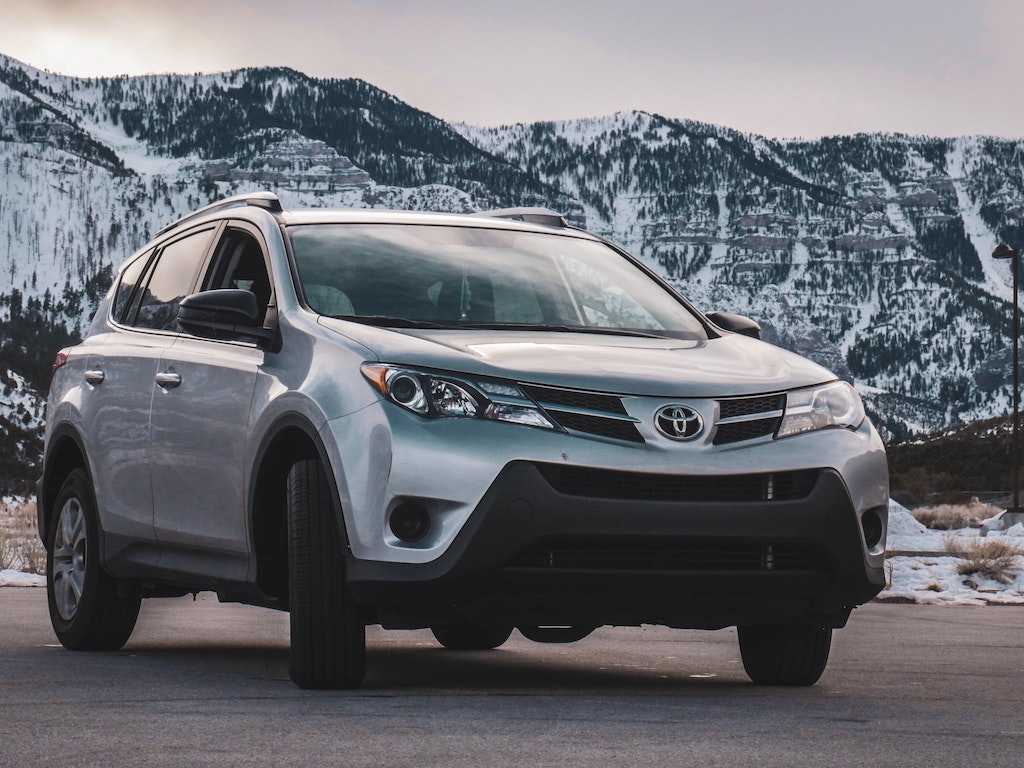
The price isn’t the only cost to consider when buying a car. When buying a car, you’ll need to pay for additional maintenance and upkeep costs, like insurance, gas, and even subscription services.
Use this guide to break down all the expenses related to car ownership and create a more realistic budget to better prepare for your new vehicle.
Know Your Car and Yourself
To determine your car maintenance expenses, consider your driving habits. Have a clear understanding of the following factors:
– How much you drive each week and how you use your car.
– Gas and car service prices in your area.
– Your driving habits and the roads you use.
– The age, mileage, and service history of your vehicle.
Now that you have a general idea of your habits, it’s time to think about costs.
Weekly Costs
Weekly car costs involve regular payments for various items, such as:
– Gas: Calculate your weekly gas costs by considering the miles you drive per week, the size of your gas tank, fuel economy, and the local gas price.
– Cleaning: Prices for automatic and self-service car washes vary by location.
Monthly Cost
You need to account for the following recurring payments every month:
– Financing payments: This is the money you spend each month to pay off your car loan.
– Insurance: Car insurance rates vary depending on your location, driving history, and the age and value of your vehicle.
– Parking: Renters often pay monthly fees to use parking lots.
Costs for Six to Twelve Months
Depending on your vehicle usage, you will incur car maintenance costs every six months to a year as a result of the following factors:
– Property tax and inspection fees: If you live in a state that requires a yearly inspection, this applies to you.
– Consumables: After a certain number of miles, you’ll need to change the oil, air filters, and brake pads and rotate the tires.
– Larger services: Once a year or every two to three years, have your brakes serviced, your suspension aligned, and your tires replaced.
Costs Over the Next Five to Ten Years
If you haven’t had your car serviced in a while, you’re due for some charges. This is also when many automakers’ warranties expire, so planning for this milestone is critical.
– Major service: Some durable car components, such as powertrain parts, suspension, engine, exhaust, electronics, or the overall brake system, may require repair or replacement.
– Future maintenance: If you previously had a warranty that has now expired, remember that all future repairs will be more expensive because the manufacturer will no longer assist with payment.
Car Maintenance Subscriptions
You can subscribe to certain features and services for your car, such as extended warranties, roadside assistance, and driver-assistance technology.
Maintenance Emergencies
It’s best to be ready for accidents, unforeseen car maintenance issues, and traffic tickets when they occur. According to financial experts, you should have three to six months of living expenses saved up in case of an emergency.




